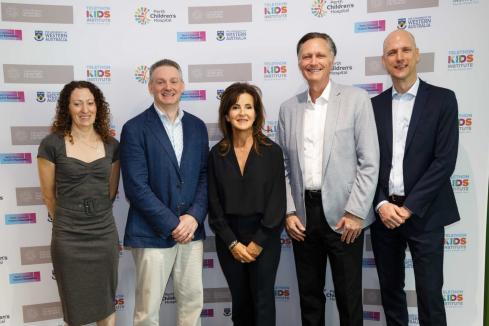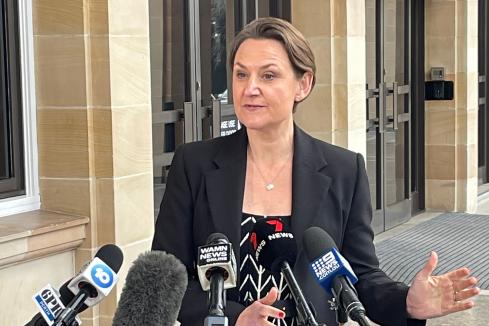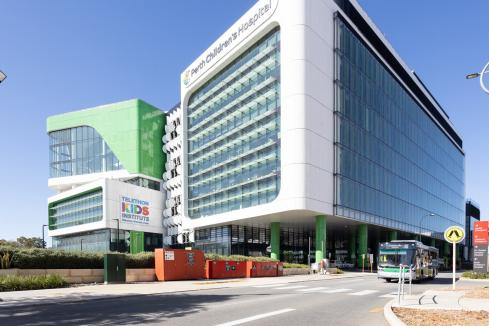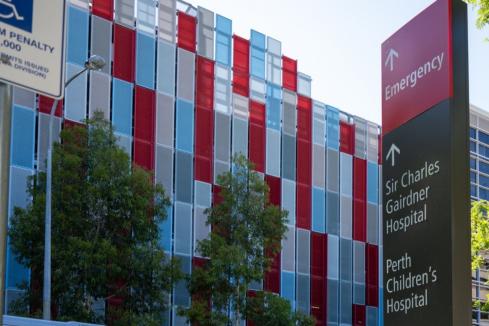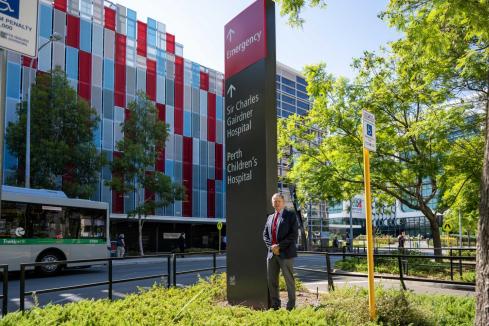A trailblazer in the field of Alzheimer’s research will investigate preventative treatment for the disease on the back of $3.1 million in funding from the federal government.

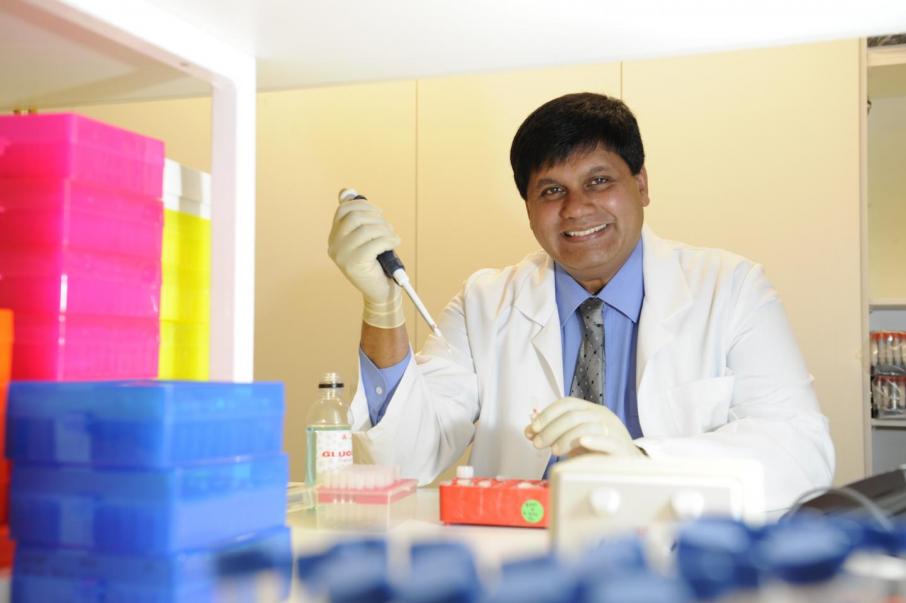
Prominent, WA-based ageing and Alzheimer's disease researcher Ralph Martins was last month awarded $3.1 million by the federal government to hold clinical research into multimodal preventative treatments for Alzheimer’s disease.
The grant forms part of federal Department of Health’s $20 billion medical research future fund.
Professor Martins said preventative measures to protect brain health were important, given Australia’s ageing population.
“This will allow us to track the exact impact that improved diet, exercise and cognitive training can have on delaying the onset of Alzheimer’s disease,” Professor Martins told Business News.
A graduate of The University of Western Australia in the 1980s, Professor Martins has researched Alzheimer’s disease for the past 33 years, and was instrumental in isolating the role amyloid proteins play in its development.
He said his interest in the disease stemmed from the experiences of his father-in-law, who developed the illness while in his early 60s.
“In those days, there wasn’t very much known about the disease,” Professor Martins said.
“He had the typical conditions where he rapidly deteriorated.
“There are different degrees of deterioration in different people, but his was a classic case.”
Initially planning to move to New Zealand to work, Professor Martins instead chose to stay in Australia, collaborating with Melbourne University’s Colin Masters in the late 1980s on Alzheimer’s research.
It was while working alongside Professor Masters that the neurological causes of the disease was discovered, from examining a plaque found on the brains of Alzheimer’s sufferers.
“In those days, nothing was known about the cause of Alzheimer’s,” Professor Martins said.
“All they knew was that when they examined the brain of those clinically diagnosed with the disease, it was full of a sticky substance called amyloid.
“We were the first people in the world [at Sir Charles Gairdner Hospital] to isolate and identify the protein that was composed of beta-amyloid.”
After developing understanding of the relationship between amyloid and Alzheimer’s disease, Professor Martins said he and Professor Masters had “put a face to the monster”, identifying the gene and parent protein that expressed amyloid plaque.
Despite thee findings, however, he said there had been little success in developing effective treatments for the disease.
While Professor Martins said vaccines to prevent the production of, and to clean amyloid in the brains of mice, application of the same research in humans had not proved successful in mitigating the disease’s most severe symptoms, including memory loss.
He said that placed added importance on preventing Alzheimer’s disease, rather than focusing complete attention on finding a cure.
“In theory, it’s great idea to target the underlying cause, but if the disease has progressed and the brain is damaged, then the treatment is unlikely to work,” Professor Martins said.
“This is something we’ve been telling drug companies for years; you need to diagnose the disease early.”
He said researchers worldwide had taken up this challenge, and there was extensive research under way into the effectiveness of preventative treatment in reducing the risk of Alzheimer’s disease.
Referring to these treatments as ‘multimodal,’ Professor Martins said the US-based Alzheimer’s Association, as well as the international World Wide FINGERS initiative, had begun extensively researching the effect diet, exercise and cognitive stimulation could have on the development of Alzheimer’s disease.
Professor Martins said the $3.1 million he received through the Department of Health would help fund his own clinical research into the effectiveness of multimodal treatment.
Trials are expected to begin in March of next year, with the study to take place in collaboration with Macquarie University in NSW; it will observe 600 patients considered to be at risk of developing Alzheimer’s disease.
While those trials will likely cost up to $7.5 million to conduct, Professor Martins said attracting further funding shouldn’t be difficult given interest in the treatment from the medical community.
“We’ve come to a stage now where the impact is there,” he said.
“It’s not like we’re going to try this and maybe it will work or maybe it won’t.
“The evidence looks quite strong from the Europeans, and so our research, collectively with the US, would be a game changer.”






